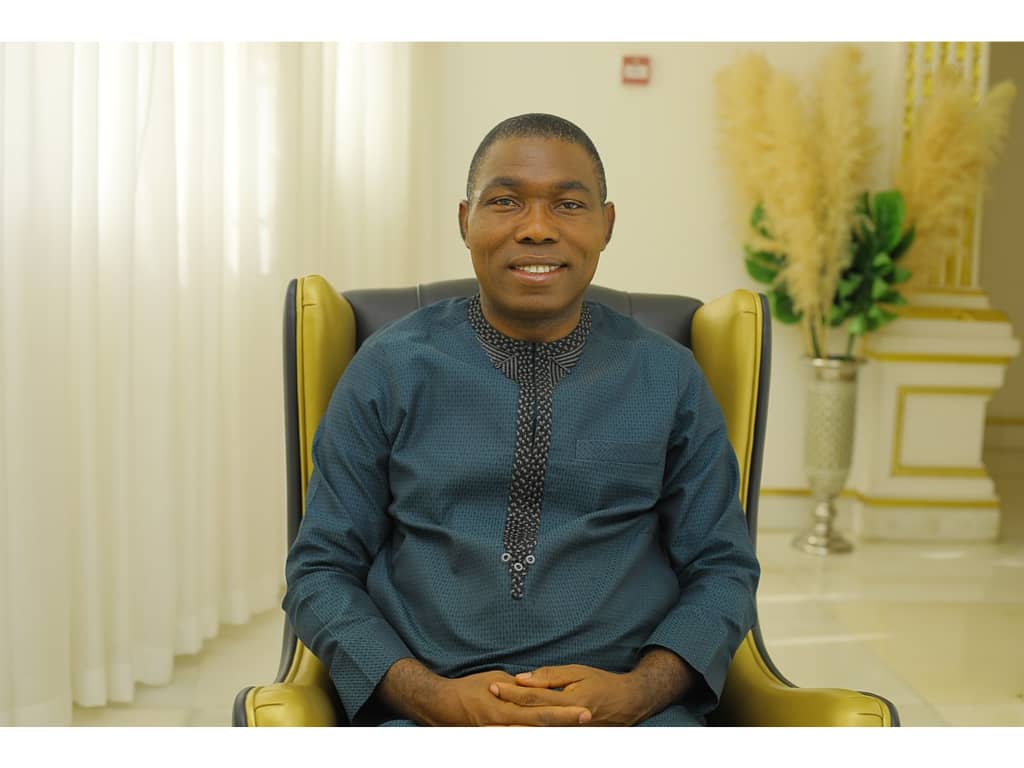Politics
Adebayo from the SDP emphasizes the importance of waiting for the tribunal’s decision before the winner of the elections is sworn in

Barr Adewole Adebayo, the flag-bearer for the Social Democratic Party (SDP) in the most recent Nigerian presidential election, has urged for an immediate electoral reform that would guarantee that election winners are not sworn into office until the outcome of the lawsuits brought against them in election tribunals.
He emphasised that politicians don’t care about justice; they just care about gaining power.
While he acknowledged that the Supreme Court had acted swiftly in resolving the previous presidential election petition, he maintained that the courts could still do more to make sure that all election-related issues are resolved before any new officials are sworn in.
He bemoaned the fact that the court’s refusal to grant the politicians’ wishes is typically what sparks conflict throughout the nation.
Hence, since the court can only provide justice, politicians have never been satisfied with the outcome of an election lawsuit in history. Justice is not what politicians seek. They desire authority through judgement. Thus, they saw the court as an additional channel for acquiring power. However, the court isn’t set up to grant you authority. Justice is intended to be served by the court. Thus, you might receive justice occasionally, but you would argue that it isn’t justice if it doesn’t put you in a position of authority,” he stated.
He emphasised that there are three factors to be taken into account in election proceedings, specifically referring to the Supreme Court’s focus on technicalities rather than the case’s substance and how President Bola Tinubu’s Chicago State University diploma was handled.
First of all, everything regarding the law appears to be a technicality to those who are not attorneys. Second, because the election is technical in character, the matter is said to be sui generis, meaning it does not adhere to the conventional procedural, technical, and substantive form. By its very essence, election law is entirely technical. Three, the party’s claim before the court was based on a technicality rather than a substantial one. For example, if I were to come before the court and claim to have received the most votes and I could provide proof of it, that would be substantive. “It is a technicality if I go to court and argue that the other candidate received more votes than I did, but he is not eligible,” he stated.
Additionally, he expressed concern about the Supreme Court’s and Court of Appeal’s nomination procedures, arguing that it is not in the best interests of the nation for the president to have the last say in such matters.
He denounced circumstances in which the President has the authority to approve or reject proposals made by the National Judicial Council (NJC). According to what he understood of the constitution, the president has even more authority than any other individual as he has the authority to appoint. The president is the only person to whom the National Judicial Council (NJC) can offer recommendations. The president will not be appointed if he is not satisfied, and that is the end of it. However, even though the new appointment may face difficulties, it remains in place if the president makes it and the judiciary is unhappy.
